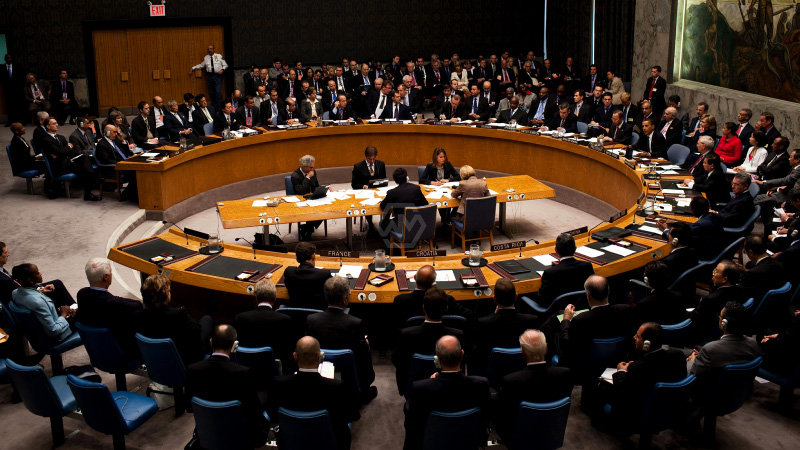- The U.S. and Russia aligned at the UN, opposing a resolution condemning Moscow’s invasion of Ukraine.
- Trump initiated direct talks with Putin, sidelining Ukraine and Europe.
- India and China abstained from a separate resolution calling for de-escalation.
The latest UN General Assembly (UNGA) vote marked a major shift in U.S. foreign policy under President Donald Trump. The U.S. and Russia jointly opposed a resolution condemning Russia’s invasion of Ukraine, a stark departure from the Biden administration’s firm stance.
Adding to the geopolitical shakeup, Trump has begun direct discussions with Russian President Vladimir Putin, aiming to negotiate a settlement outside traditional U.S.-European alliances.
U.S.-Russia Realignment at UNGA Sparks Global Reactions
While the U.S. and Russia’s rare alignment at the UN signals Trump’s efforts to broker a different kind of peace, it has also deepened America’s rift with its European allies. The Biden administration’s previous approach focused on unequivocal support for Ukraine, whereas Trump is leaning toward a settlement that could favor Moscow.
India’s decision to abstain from the vote underscores its ongoing diplomatic balancing act. By neither endorsing nor opposing the resolution, New Delhi maintains its strategic autonomy while preserving ties with both the West and Russia. China’s abstention follows a similar pattern, reinforcing its stance of non-interference in direct conflicts while maintaining diplomatic leverage.
Trump’s talks with Putin suggest a potential shift in the war’s trajectory. If the U.S. pushes for negotiations outside Ukraine’s involvement, it could significantly alter the course of the conflict. However, this move has also alarmed European nations, who fear their security interests are being overlooked in Washington’s new strategy.
The UNGA resolution, while receiving majority approval, witnessed reduced support compared to previous votes on Ukraine, signaling a shift in global consensus. As key nations like India, China, and South Africa abstain, the broader geopolitical landscape is becoming increasingly complex.
Trump’s recalibration of U.S. policy on Ukraine is reshaping global diplomacy. His alignment with Russia at the UN and direct talks with Putin have sparked international concerns, particularly in Europe, as the world watches how this new approach unfolds.
“In international politics, a change of leadership often means a change of course.” – Henry Kissinger



